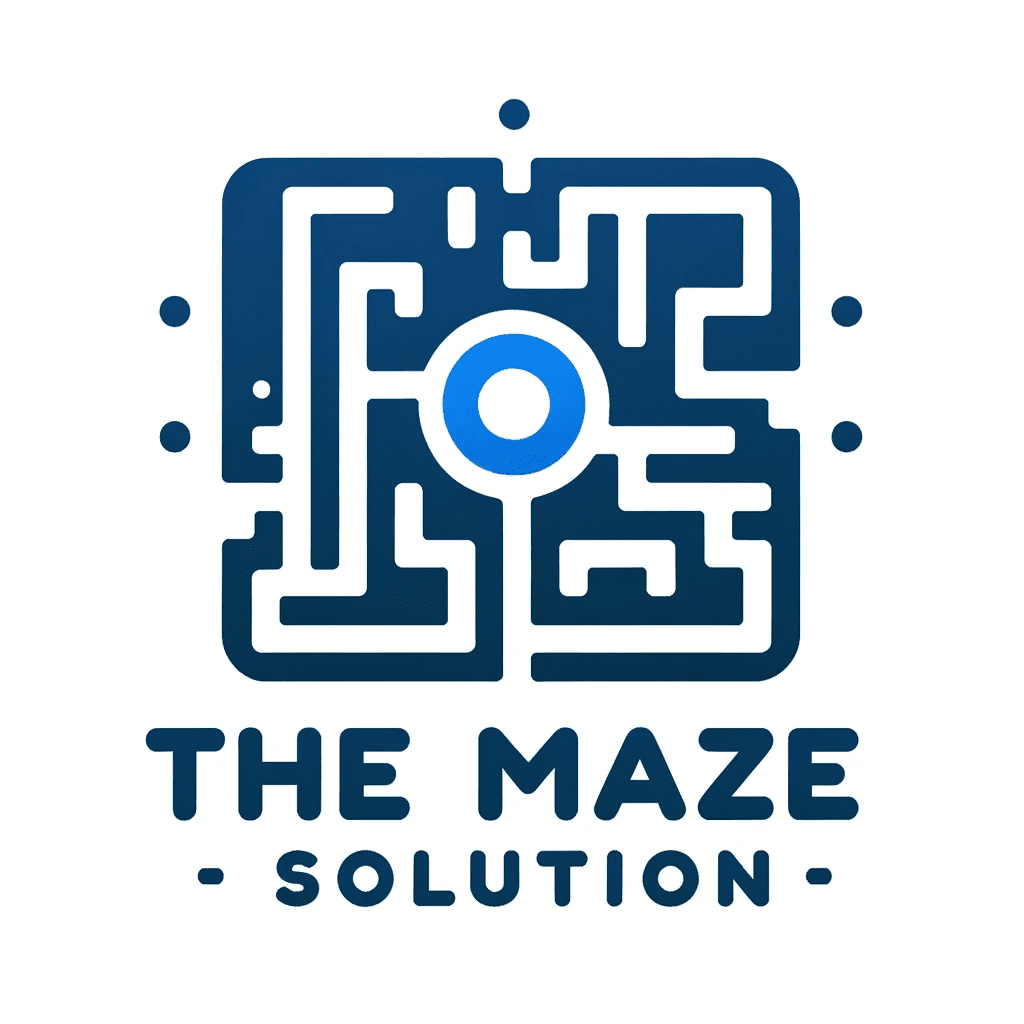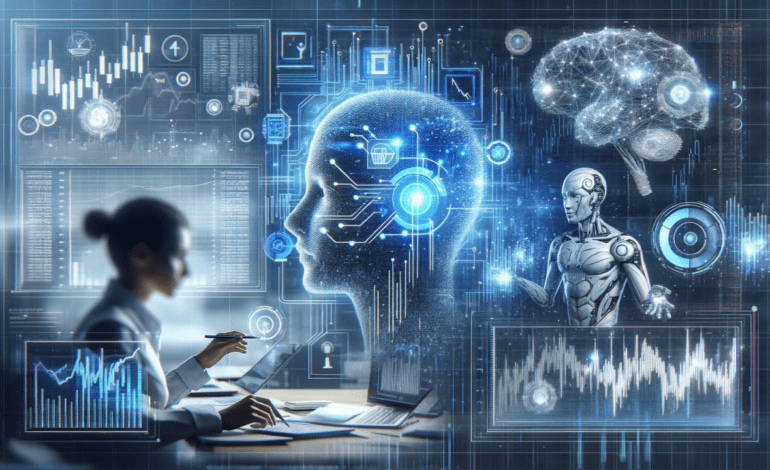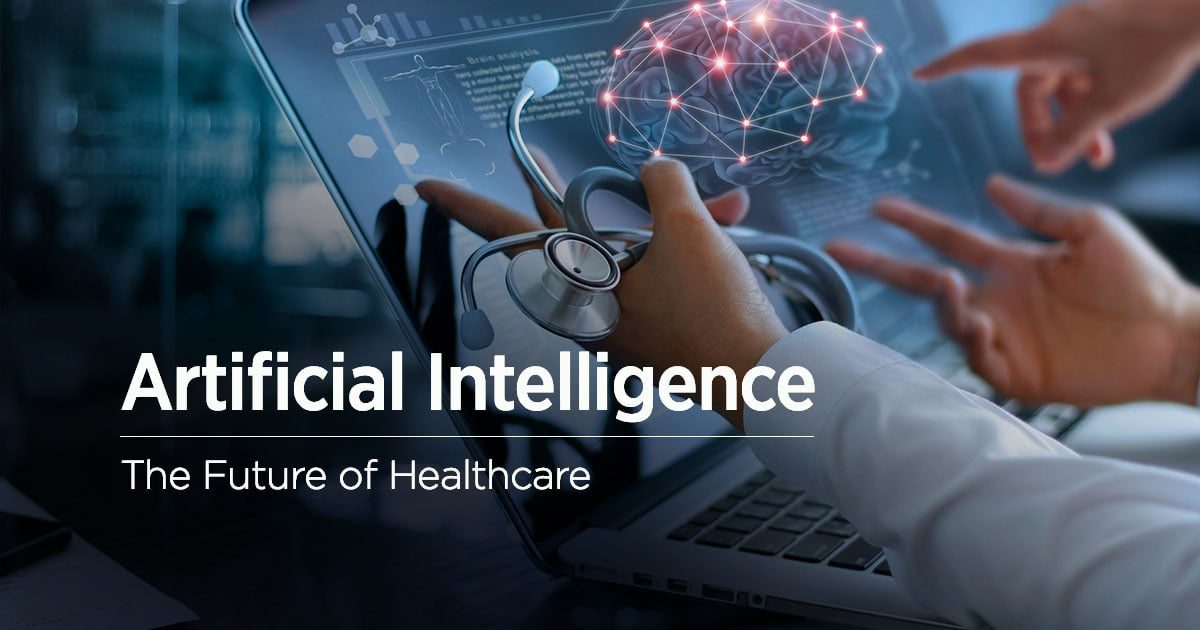Exploring the Impact of Artificial Intelligence in Medicine
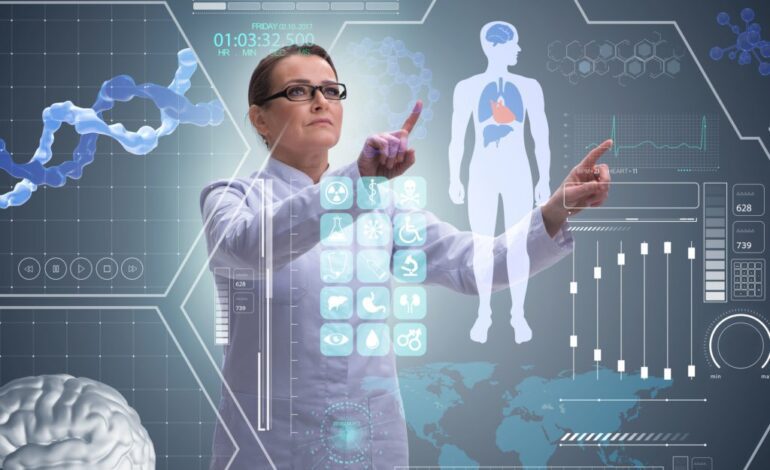
Artificial intelligence (AI) has become a buzzword across various industries, but perhaps nowhere is its impact more profound than in the field of medicine. The integration of AI technologies in healthcare is revolutionizing how we diagnose, treat, and manage diseases. This blog explores the multifaceted impact of artificial intelligence in medicine, delving into the critical impact factors that make AI a game-changer in the medical world.
The Evolution of Artificial Intelligence in Medicine
A Brief History
Artificial intelligence in medicine is not a new concept. The idea of using machines to mimic human intelligence has been around for decades. Early applications of AI in medicine focused on basic data analysis and diagnostic tools. However, significant advancements in machine learning, neural networks, and big data analytics have propelled AI into new realms of medical innovation.
Current Applications
Today, AI is used in various medical fields, including radiology, pathology, genomics, and even surgery. AI-powered systems can analyze medical images with incredible accuracy, predict patient outcomes, personalize treatment plans, and even assist in complex surgical procedures. These applications demonstrate the immense potential and versatility of AI in medicine.
Key Impact Factors of AI in Medicine
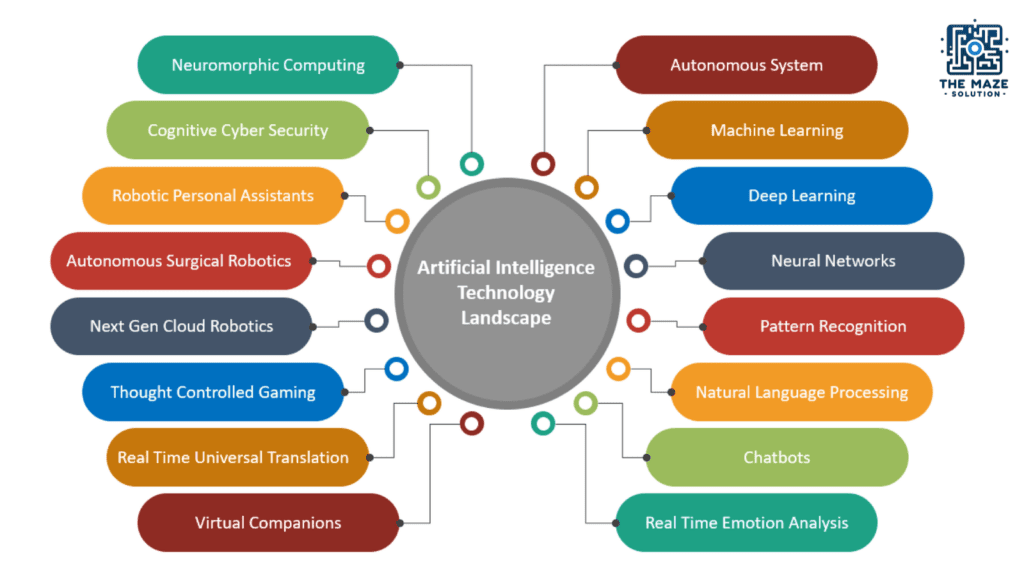
Improved Diagnostic Accuracy
One of the most significant impact factors of artificial intelligence in medicine is its ability to improve diagnostic accuracy. AI algorithms can analyze vast amounts of medical data, including imaging studies, lab results, and patient records, to identify patterns that may be missed by human clinicians. For instance, AI systems have shown remarkable success in detecting early-stage cancers, such as breast and lung cancer, with greater accuracy than traditional methods.
Personalized Treatment Plans
AI in medicine also excels in creating personalized treatment plans tailored to individual patients. By analyzing genetic information, lifestyle factors, and medical history, AI can recommend treatments that are most likely to be effective for a specific patient. This approach not only improves treatment outcomes but also reduces the risk of adverse reactions and unnecessary treatments.
Enhanced Drug Discovery
The drug discovery process is notoriously time-consuming and expensive. AI is streamlining this process by analyzing vast datasets to identify potential drug candidates, predict their effectiveness, and optimize clinical trials. This acceleration in drug discovery can bring new treatments to market faster and at a lower cost, ultimately benefiting patients worldwide.
Predictive Analytics for Patient Outcomes
Predictive analytics is another crucial impact factor of AI in medicine. AI systems can predict patient outcomes by analyzing historical data and identifying risk factors for complications or disease progression. For example, AI can forecast which patients are at higher risk of readmission after surgery, enabling healthcare providers to implement preventive measures and improve patient care.
AI in Medical Imaging
Revolutionizing Radiology
Radiology has been one of the earliest adopters of AI technology. AI algorithms can analyze medical images such as X-rays, CT scans, and MRIs with remarkable precision. These systems can detect anomalies, measure tumor sizes, and even assist in diagnosing conditions like pneumonia and COVID-19. The impact of artificial intelligence in medicine, particularly in radiology, is undeniable as it enhances diagnostic capabilities and reduces the workload for radiologists.
Pathology and AI
AI is also making significant strides in pathology, where it assists in analyzing tissue samples and identifying abnormalities. AI-powered digital pathology systems can process and interpret slides much faster than human pathologists, enabling quicker diagnoses and reducing the potential for human error. This advancement is particularly beneficial in oncology, where timely and accurate diagnoses are critical for effective treatment.
The Role of AI in Genomics
Decoding the Human Genome
The field of genomics has been revolutionized by AI, which can analyze vast amounts of genetic data to identify disease-causing mutations and predict genetic predispositions to certain conditions. This information is invaluable for developing targeted therapies and preventive measures. The impact of artificial intelligence in medicine, particularly in genomics, is profound, as it paves the way for personalized medicine and more effective treatments.
Personalized Medicine
Personalized medicine is one of the most promising applications of AI in genomics. By analyzing a patient’s genetic makeup, AI can recommend treatments that are most likely to be effective, reducing trial-and-error approaches and improving patient outcomes. This level of personalization is transforming how we approach complex diseases like cancer, where genetic factors play a significant role in treatment response.
AI in Surgery
Robotic-Assisted Surgery
Robotic-assisted surgery is a groundbreaking application of AI in medicine. Surgical robots, controlled by AI algorithms, can perform precise and minimally invasive procedures with greater accuracy than human surgeons. These systems can reduce the risk of complications, shorten recovery times, and improve overall surgical outcomes. The impact factor of AI in medicine, particularly in surgery, is significant as it enhances the precision and safety of surgical interventions.
Training and Simulation
AI is also revolutionizing surgical training and simulation. Virtual reality (VR) and AI-powered simulators provide realistic training environments for surgeons, allowing them to practice complex procedures without risk to patients. These training tools can adapt to the skill level of the surgeon, providing personalized feedback and accelerating the learning curve.
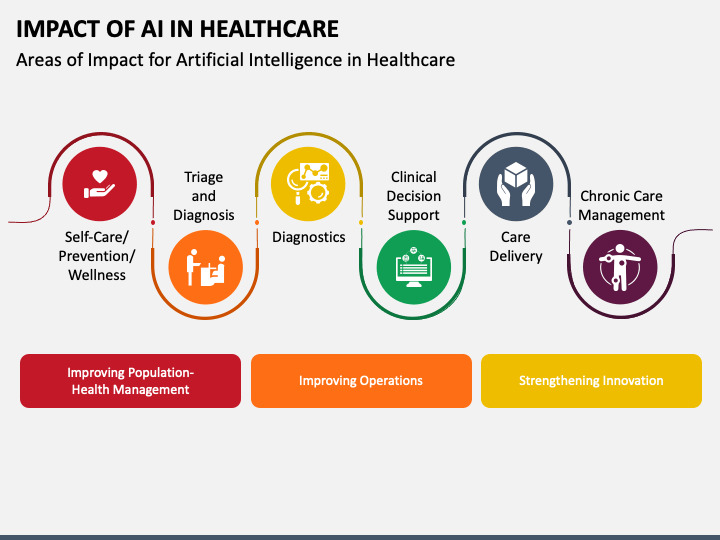
Ethical Considerations and Challenges
Data Privacy and Security
While the benefits of AI in medicine are immense, there are also ethical considerations and challenges that must be addressed. One of the primary concerns is data privacy and security. AI systems rely on vast amounts of patient data to function effectively. Ensuring the confidentiality and security of this data is paramount to maintaining patient trust and complying with regulatory requirements.
Bias and Fairness
Another challenge is the potential for bias in AI algorithms. If the data used to train AI systems is biased, the resulting algorithms may perpetuate these biases, leading to unfair treatment recommendations or misdiagnoses. Addressing bias and ensuring fairness in AI systems is crucial to achieving equitable healthcare outcomes for all patients.
Regulatory and Legal Issues
The rapid advancement of AI in medicine also poses regulatory and legal challenges. Ensuring that AI systems comply with existing healthcare regulations and standards is essential for their safe and effective implementation. Additionally, determining liability in cases where AI systems are involved in medical errors is a complex issue that requires careful consideration and clear guidelines.
The Future of AI in Medicine
Emerging Technologies
The future of AI in medicine is bright, with numerous emerging technologies poised to further revolutionize healthcare. Advances in natural language processing (NLP) are enabling AI systems to understand and analyze unstructured medical data, such as clinical notes and research articles. This capability can enhance clinical decision-making and support evidence-based medicine.
Integration with IoT
The integration of AI with the Internet of Things (IoT) is another exciting development. IoT devices, such as wearable health monitors, can collect real-time patient data and transmit it to AI systems for analysis. This continuous monitoring can provide valuable insights into a patient’s health status and enable proactive interventions, improving patient outcomes and reducing hospital readmissions.
AI in Global Health
AI also has the potential to address global health challenges, particularly in low-resource settings. AI-powered diagnostic tools and telemedicine platforms can extend the reach of healthcare services to remote and underserved populations, improving access to quality care and reducing health disparities. Here is our proper blog that how AI provides benefits in healthcare: Amazing Benefits of Artificial Intelligence in Healthcare
Conclusion
The impact of artificial intelligence in medicine is profound and far-reaching. From improving diagnostic accuracy and personalizing treatment plans to accelerating drug discovery and enhancing surgical precision, AI is transforming every aspect of healthcare. As we continue to advance AI technologies and address ethical and regulatory challenges, the potential for AI to improve patient outcomes and revolutionize medicine is limitless. Embracing these innovations and integrating AI into clinical practice will be key to unlocking the full potential of artificial intelligence in medicine, ultimately benefiting patients worldwide.
Artificial intelligence in medicine is not just a technological advancement; it is a paradigm shift that is redefining how we approach healthcare. The impact factors of AI in medicine are significant, and as we continue to explore and harness the power of AI, we can look forward to a future where healthcare is more precise, personalized, and accessible than ever before.
By understanding and leveraging the impact of artificial intelligence in medicine, healthcare providers, researchers, and policymakers can work together to create a more efficient, effective, and equitable healthcare system. The journey is just beginning, and the possibilities are endless.
Read our other Interesting Blogs:
“How to Turn Off Meta AI on Facebook?”This blog is really amazing if you want to get more knowledge about Artificial Intelligence: Click Here : How to Turn Off Meta AI on Facebook?
“10 Ways AI is Revolutionizing Daily Life” This blog is really amazing if you want to get more knowledge about Artificial Intelligence: Click Here : 10 Ways Artificial Intelligence is Revolutionizing Daily Life
“How AI Will Transform Everyday Tech? ” This blog gives you the knowledge that how Artificial Intelligence transforming us ,Click here to read : How Artificial Intelligence Will Transform Everyday Tech?
“The Future of Quantum Artificial Intelligence: Elon Musk’s Game-Changing Ideas ” This blog gives you the knowledge that how Artificial Intelligence transforming us ,Click here to read : The Future of Quantum Artificial Intelligence: Elon Musk’s Game-Changing Ideas
